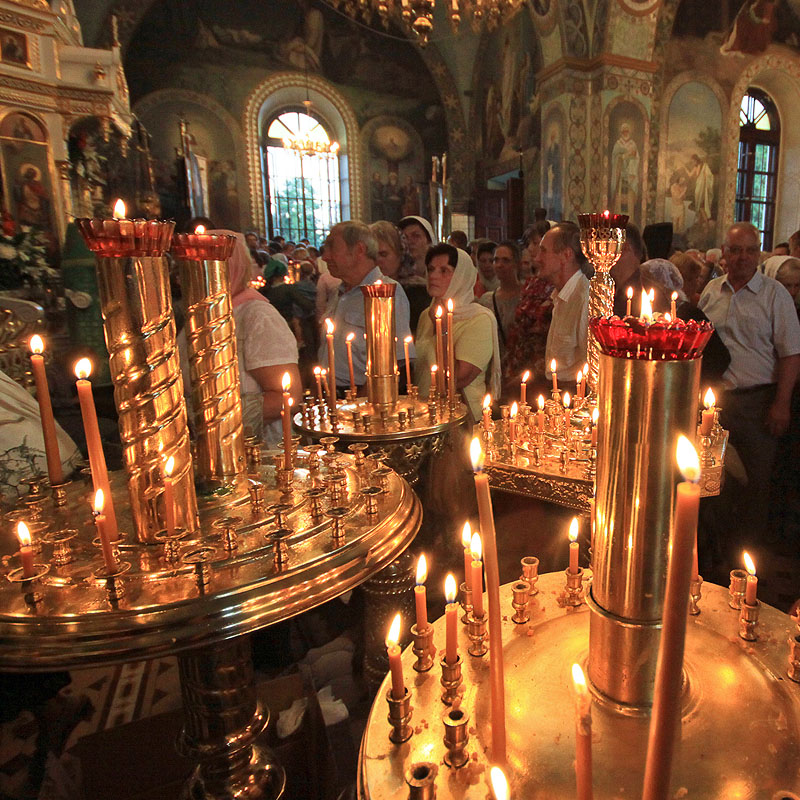The Theology of Gender – Conclusion: Men & women in Church
24 May 2017The whole series can be read here: The Theology of Gender
The Church of Christ is a divine-human institution which the Holy Spirit keeps alive and inspires throughout the ages. Canon Law expresses this twofold essence of the Church and its aim is to guide Christians to live the reality of the Kingdom of God in this world. Trying to fulfill this mission the Church’s law is faithful to the Christian teaching of equality between man and woman, without ignoring the environment and circumstances to which these laws apply.
The Church, with wisdom legislated for men and women according to historical circumstances. She never compromised her ethos or legislated in a way harmful to the salvation of her followers. In the same spirit, the Church today should not ignore the signs of the times, but respond to them according to her teachings for the salvation of the modern world.

Orthodox monastery in Jabłeczna. Courtesy of Ministry of Foreign Affairs of the Republic of Poland (CC)
Occurrences of misuse and distortion of the teaching of the Church concerning equality have always been a reality. This, however, should not be confused with the truth that there are different roles and functions for everyone in the Church according to the different charismata given by the Holy Spirit. Moreover, the Church always maintained the principle of hierarchy in all aspects of life. Modern women understand this condition of different functions for men and women in the Church as discrimination, and the Church has the obligation to give adequate answers and theological information.
On issues of marriage, the Church does not apply humanistic morality, since this is not her service to the world. Instead, the Church’s legislation aims at the protection of matrimony as a sacred institution which leads the spouses to salvation. Moreover, the canons demand a higher effort from those who have greater responsibilities and tasks, without this being an indication of inequality in the application of the canons.
Taking into account all the parameters that are implicated in the issue, the interpretation of the canons should be done in consideration of the overall legislation and theological principles that are enclosed in them. It is a mistake to interpret canonical texts with terms of contemporary logic without considering the historical framework and the spirit of the writers. Modern theologians and thinkers many times have been unfair in criticizing the Fathers without first trying to discover their spirit.
Contemporary canonists, too, should not condemn and abandon what in modern society is difficult to comprehend, but should seek to discover the spirit and truth that the words may conceal. They should also try to educate others about the eternal teachings of the Church which do not change according to the culture of a different era, even though today more than ever these teachings may seem strange to us.
The End. The whole series can be read here: The Theology of Gender






